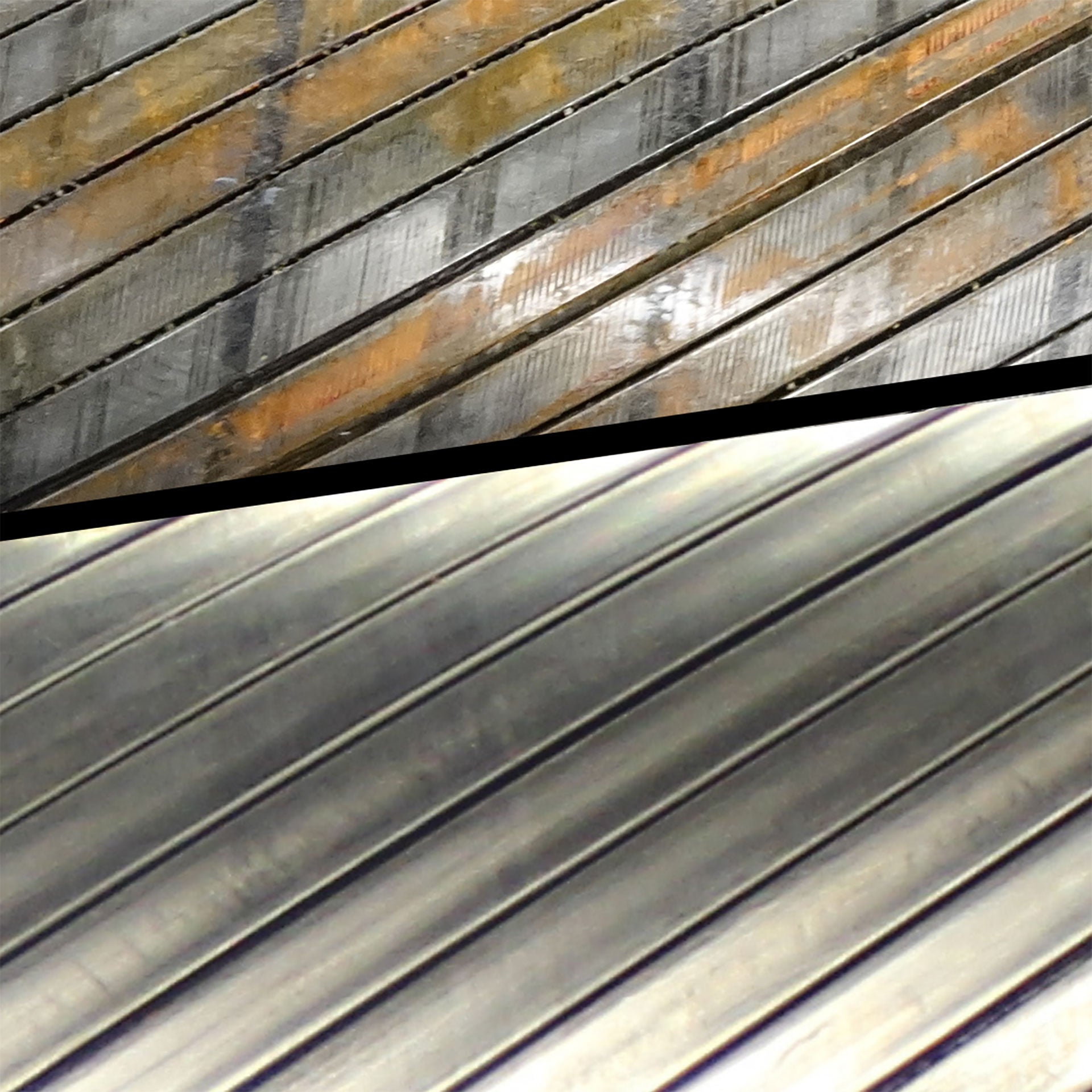TRL 5 (API) means the unbonded flexible pipe is ready for commercial use in demanding high-pressure and high CO2 content environments such as oil and gas fields and carbon capture utilization and storage (CCUS) applications.
Deepwater fields with high CO2 content, as in Brazil, have experienced stress corrosion cracking (SCC). The CO2 fugacity pressure in the annulus of the flexible pipe, combined with water, causes SCC to the carbon steel armor wires. This will ultimately lead the armor wires to fail and, inevitably, the pipe.
To eliminate this failure mode and secure the flexible pipe's full-service life, NOV replaced the carbon steel armor wires with corrosion-resistant steel armor wires. Changing the steel grade meant existing manufacturing processes and equipment, design methodologies, and quality control could be used, reducing costs and risks.
“Changing the steel grade in an unbonded flexible pipe may appear to be a very simple and obvious solution to overcome strengths, compatibility, and corrosion challenges,” said Danny Krogh Nissen, Technical Manager, SPS. “However, the complexity of the interaction between materials, layers, chemistry, and flexible pipe operating scenarios meant that a rigorous approach needed to be taken to ensure that nothing has been overlooked in making what appears to be a simple substitution.”
The four-year technology qualification process consisted of developing an upgraded steel grade and manufacturing and extensive testing of a prototype flexible pipe in Brazil and Europe. The prototype was built, and 10 end fittings were mounted using existing manufacturing processes and protocols.
Several corrosion tests were performed to evaluate the material's resistance to CO2 SCC, sulfide stress cracking, and crevice and pitting corrosion in an acidic environment (low pH) controlled by CO2 pressure. Testing results have proven that corrosion-resistant steel armor wires in a dynamic flexible pipe can mitigate CO2-SSC in high-pressure and high CO2 content applications.
“Another major upside of this technology is that it does not impose any changes to handling, transportation, installation, or operation. It is a conventional flexible pipe with corrosion-resistant properties,” said Krogh Nissen.
SPS is actively pursuing the commercialization of this innovative technology through active bidding.
